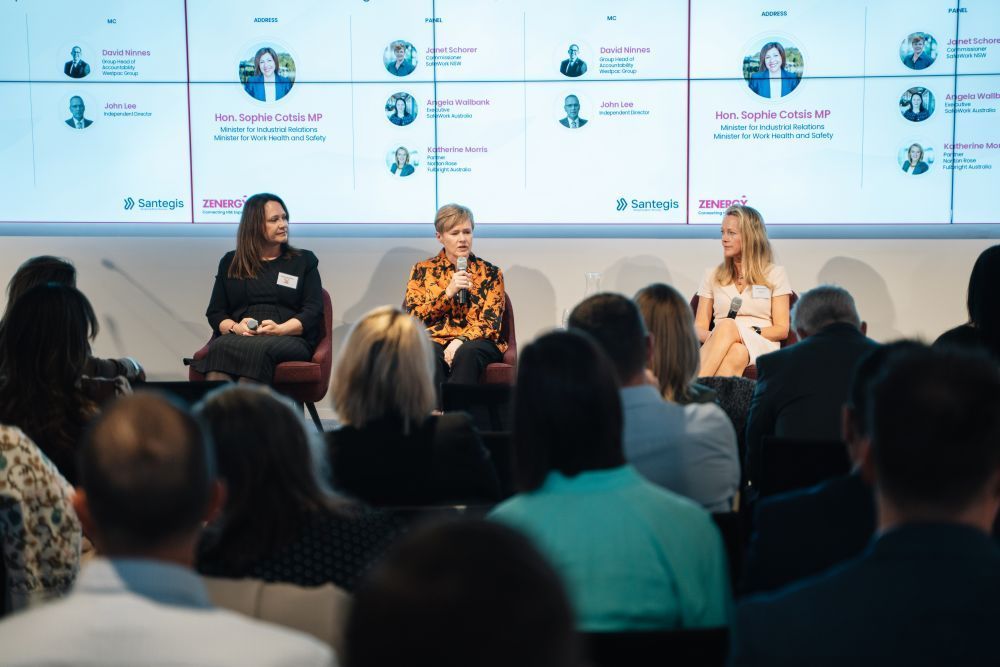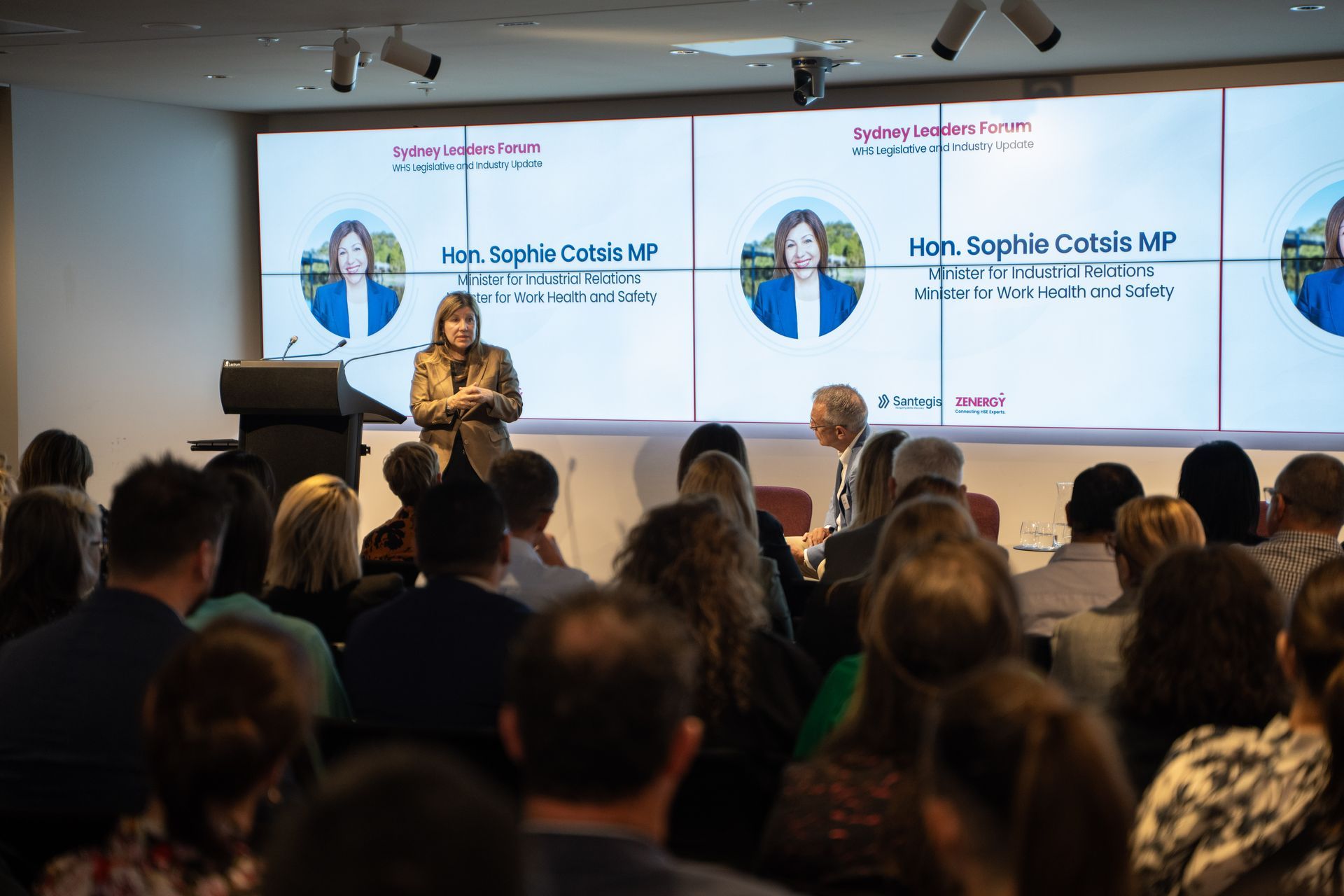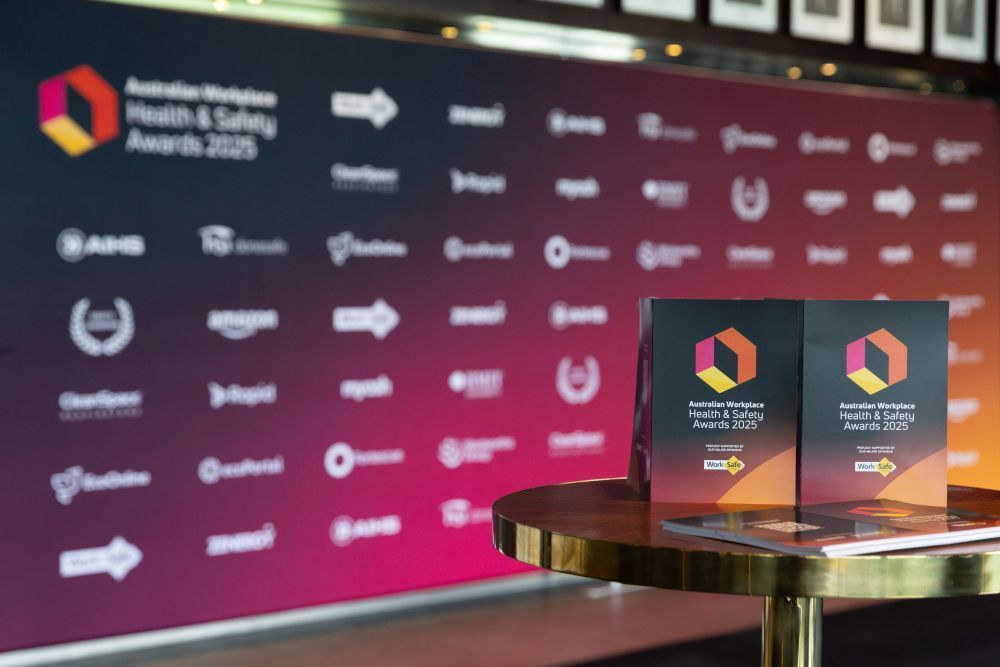Zenergy Safety – CEO’s Forum

Zenergy Safety, Health & Wellbeing hosted 100 senior executives to a CEO’s Forum where a panel of CEO’s and Executive leaders discussed what safety leadership looks like in their business and why they believed it formed an essential component of their organisational strategy.
Panel:
Paul Scurrah – CEO, DP World
Cathal O’Rourke – Managing Director, Laing O’Rourke
Andrew Penca – Managing Director, Cummins
Tim Reardon – Secretary, Transport for NSW
Mick McCormack – CEO, APA Group
Safety is your responsibility
Each leader had a different strategy that they were applying through their business, they were all at different stages of their safety journey and all had unique industry / business circumstances that they had to negotiate. Nevertheless it was very clear right from the start that they all genuinely cared for their staff. It was absolute. All peak leaders felt a personal obligation of the safety and wellbeing of their staff rests foremost on their shoulders. There was a personal commitment from all the leaders around this and their actions within the business clearly reinforced this view.
A meticulous understanding of your business
The second common theme was that they all knew their business intimately. And I mean intimately. They all knew what was actually happening on site and what was the real feedback coming from the front line employees first hand. So often I hear of executives running their business when they very rarely set foot in the area that their business actually operates. ALL our peak leaders were highly active in getting out to the business and genuinely engaged with their workforce.
All the leaders agreed that it’s very difficult to guide a business when you are only looking at the reporting statistics as you can never be sure if you are over reacting in one way or another. All leaders had clear expectations for not only themselves but the senior leadership team to get out there and see what happens on site with their own eyes at every opportunity.
We have been overwhelmed with the attendance and feedback from the event, with some senior leaders mentioning that it was the best event that they had ever attended. Ultimately our goal is to not only highlight key thought leaders in the industry but to consciously promote and raise skills across a wider platform as we genuinely believe that safety should not be viewed as a competitive advantage.
On behalf of Zenergy and the Safety Institute of Australia we would once again like to thank the panel speakers for dedicating their time on Friday morning to share their strategy with us.






